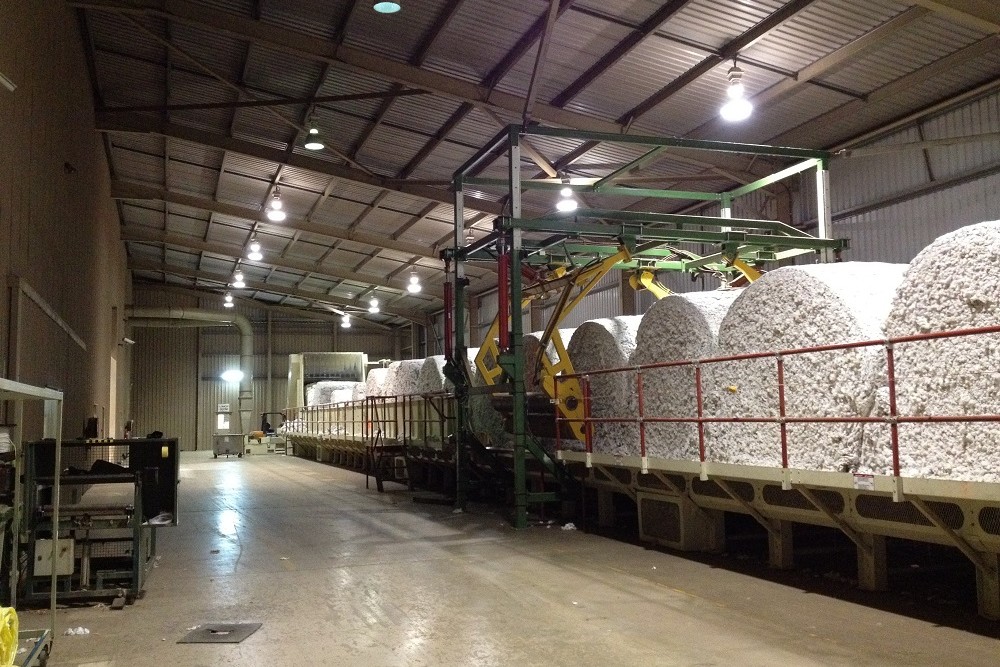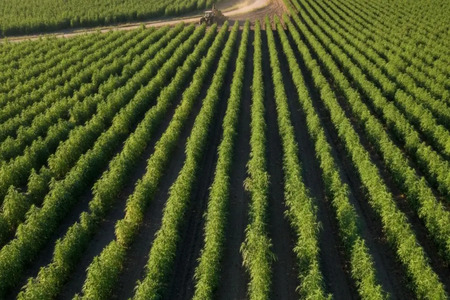
Labor violations at United States cotton ginneries
YarnsandFibers News Bureau 2022-01-14 11:05:26 – USAThe US Department of Labor discovered that over 80% of the cotton gins reviewed in the Southeast region of the United States violated labor rules, with a total of US$282,626 in unpaid wages collected.
An investigation into US cotton gins found that 81 percent of the 71 cotton gin employers investigated between November 2019 and March 2021 broke labor laws such as the Fair Labor Standards Act (FLSA), the Migrant and Seasonal Agricultural Worker Protection Act (MSPA), or the H-2A visa program's provisions.
Wage and Hour Division Regional Administrator Juan Coria in Atlanta, explained that their investigations demonstrate that far too many cotton gin operators are in violation of federal labor law.
The research concentrated on the Southeast region of the United States, which is home to some of the country's greatest cotton producers, and discovered three major infractions by cotton gin employers:
The FLSA requires employers to pay proper overtime and keep correct records. Failure to give workers with wage statements and disclose true terms and conditions. Failure to meet MSPA and H-2A visa program requirements for home safety and health, as well as providing terms and conditions of tenancy.
For 620 workers, the investigation resulted in the collection of US$282,626 in back pay and $10,785 in liquidated damages. In addition, the division fined 37 employers a total of $152,539 in civil money penalties.
In an official release, the US Department of Labor revealed the names of six cotton gin employers where recoveries were achieved.
Coria added that the US Department of Labor's Wage and Hour Division is dedicated to ensuring that cotton gin workers receive all of their hard-earned earnings as well as the worker protections they are entitled to. Employers and stakeholders in the ginning business are encouraged to assess their policies and practices and contact them for help with compliance.
To guarantee that the Southeast cotton and agriculture businesses follow federal law, the division is conducting an ongoing education, outreach, and enforcement campaign.
Representatives from the Wage and Hour Division are also working with stakeholders to explain the regulations that regulate the business and to provide compliance support to those who want to avoid costly infractions.
According to the division, it has a number of resources available, including an agriculture compliance aid toolkit, to help companies comply with the legislation.
Market Intelligence
Ask for free sample Report

experience
Customer Base
dedicated team
Countries Served Worldwide









